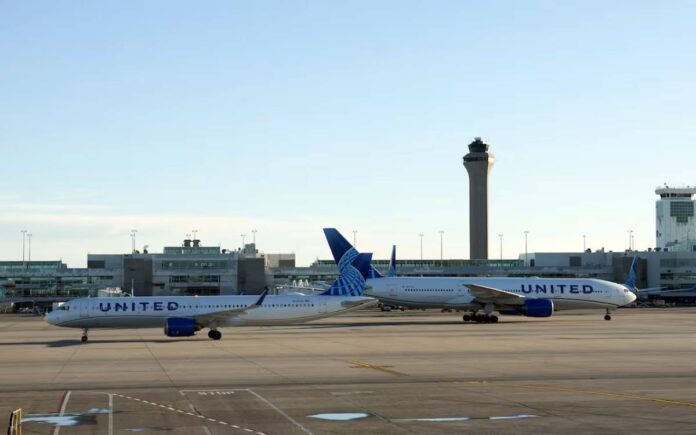Washington: Several major U.S. airlines have voiced strong opposition to proposed legislation aimed at lowering credit card transaction fees, warning that the move could jeopardize popular frequent flyer reward programs.
In a letter sent to U.S. senators, American Airlines, United Airlines, Southwest Airlines, and other key industry players — including aircraft manufacturers Boeing, Airbus, RTX, and GE Aerospace — urged lawmakers to reconsider advancing the bipartisan Credit Card Competition Act. The bill, spearheaded by Senators Dick Durbin and Roger Marshall, seeks to reduce the fees imposed by credit card giants Visa and Mastercard.
Airlines and aerospace companies argue that the legislation would severely impact tourism and air travel by dismantling the economic model behind rewards credit cards. Aviation unions also co-signed the letter, reflecting broader concern across the industry.
Durbin has previously criticized the airlines, stating they are “basically credit card companies that own some planes.” The proposed legislation, he said, could save businesses and consumers $15 billion annually in swipe fees, which currently cost merchants more than $100 billion a year.
The airlines, however, maintain that the reforms would have unintended consequences. They say lower swipe fees would make it financially unviable to offer airline-branded credit cards, which generate billions of dollars in annual revenue. The industry points to the 2010 legislation targeting debit card fees, which they claim nearly wiped out debit card rewards programs.
Also Read | U.S.-China Trade War Hits Temu Hard: User Numbers Drop Dramatically
According to the letter, more than 31 million Americans hold airline travel reward cards, and in 2023 alone, 57% of all frequent flyer miles and points were earned through these cards. Nearly 16 million domestic air travel trips last year were redeemed using points accumulated via airline credit card purchases.
The Credit Card Competition Act was previously defeated in 2023, but airline executives remain concerned it could be reintroduced as part of a broader cryptocurrency bill currently under review in Congress. Senators Durbin and Marshall have not yet responded to the latest statements from the airline industry.
Also Read | Trump Administration Warns Tariff Ruling Could Harm U.S. Negotiations
Meanwhile, scrutiny over the airlines’ use of credit card programs continues. In 2023, the Biden administration’s Department of Transportation launched an inquiry requiring American, Delta, Southwest, and United to disclose information about their business practices to ensure consumers aren’t subjected to deceptive or anticompetitive conduct.
Loyalty programs remain central to airline profitability. Delta, United, and American each had programs valued at over $20 billion last year, according to data from consulting firm On Point Loyalty. These programs also provided a financial lifeline during the COVID-19 pandemic, helping airlines raise essential capital during a time of collapsing travel demand.



